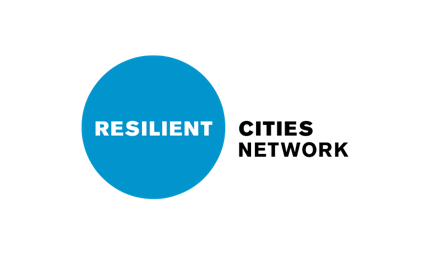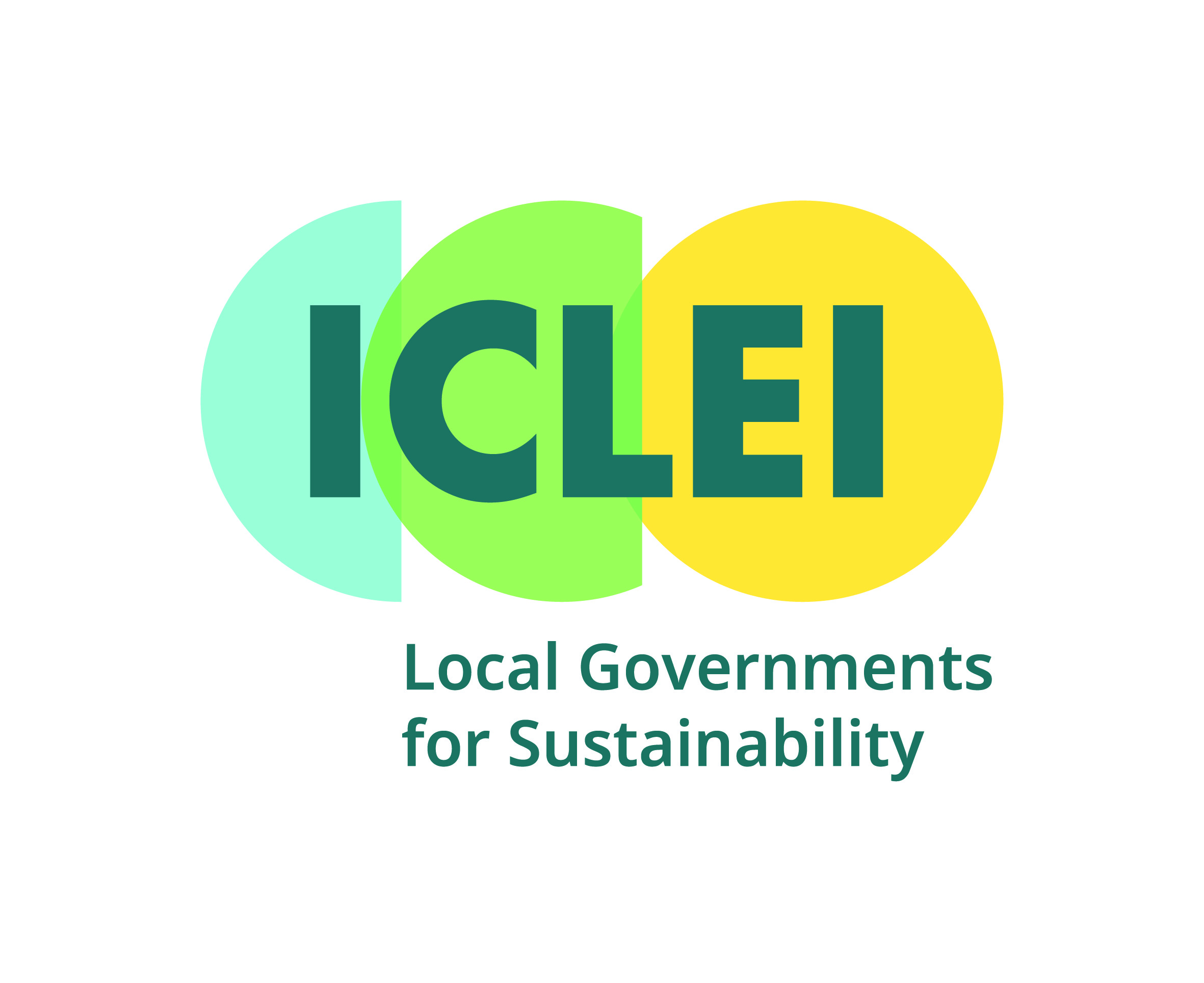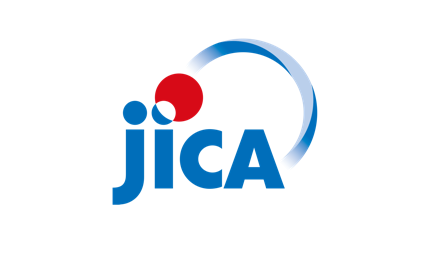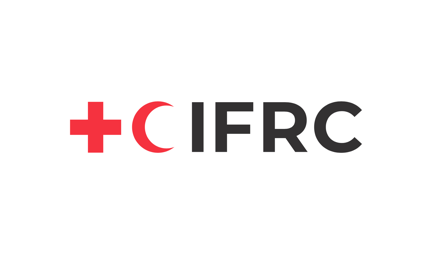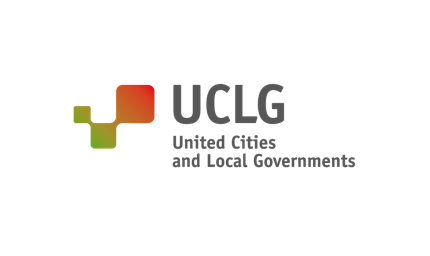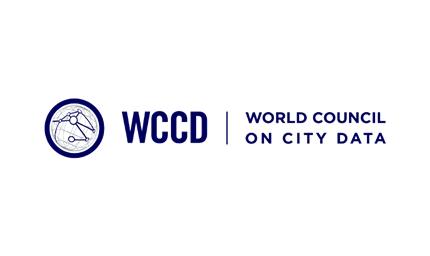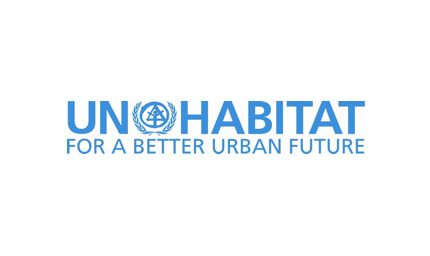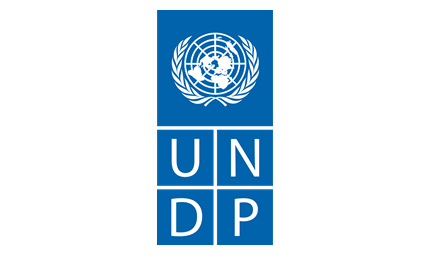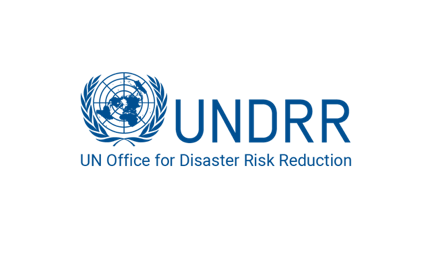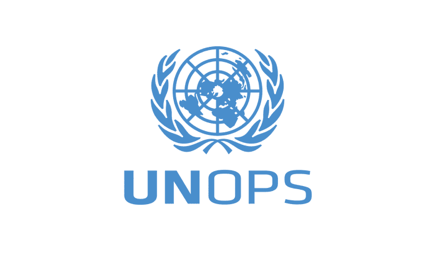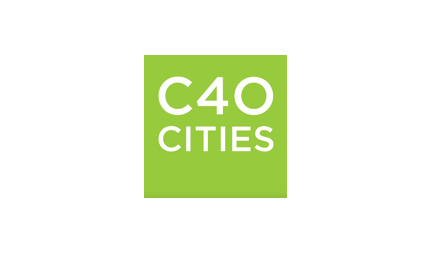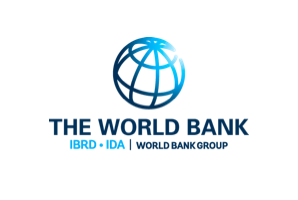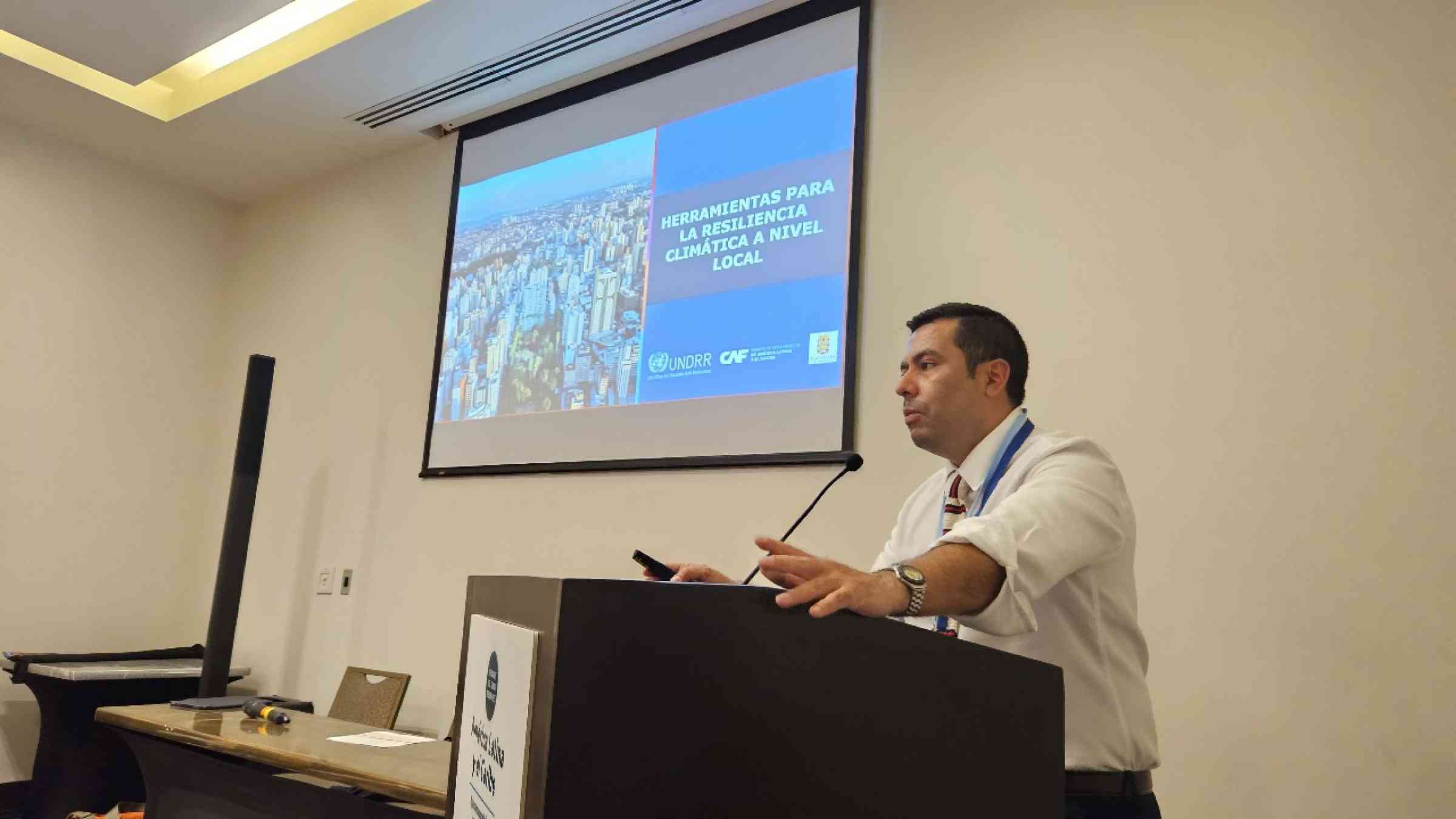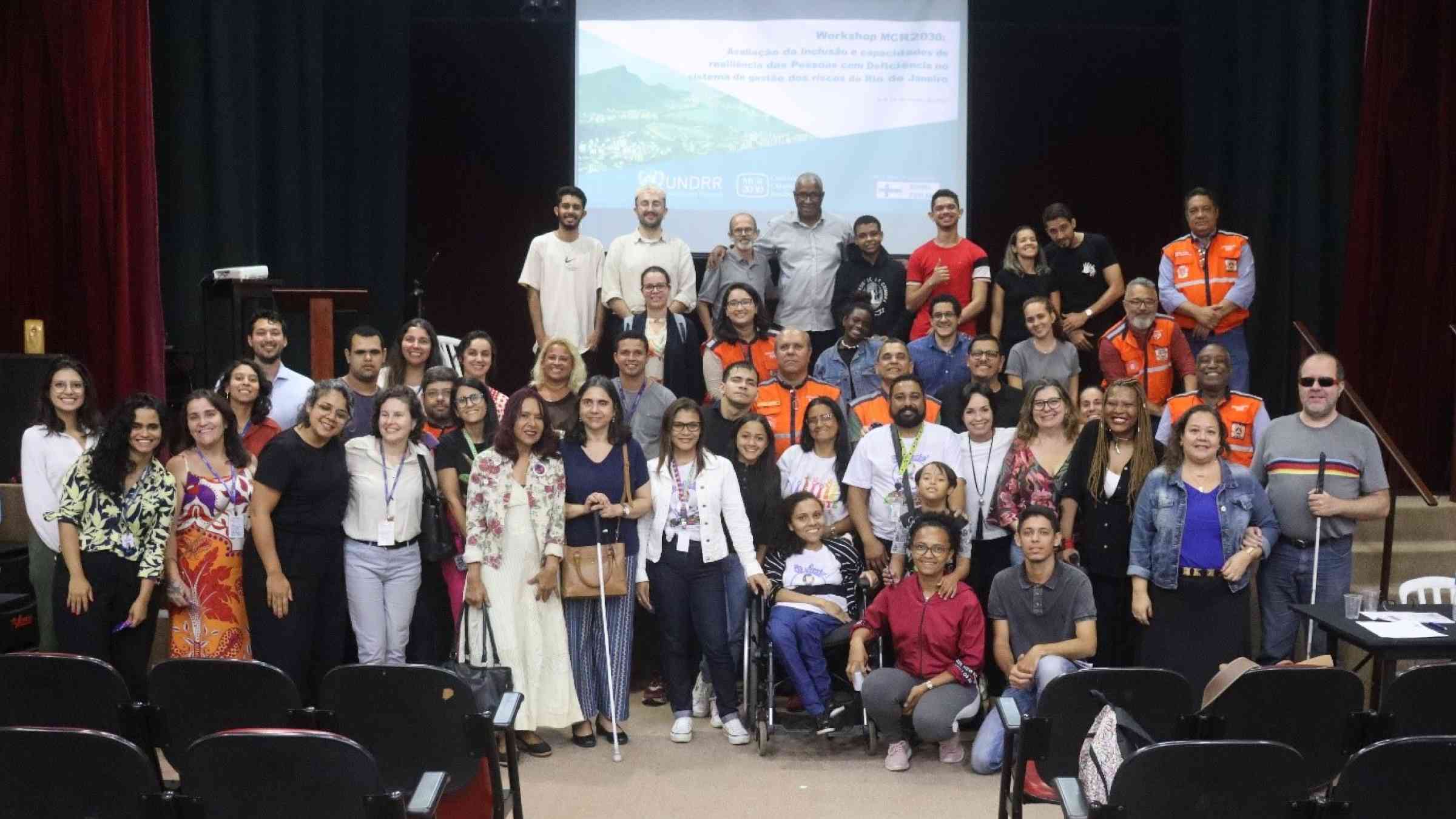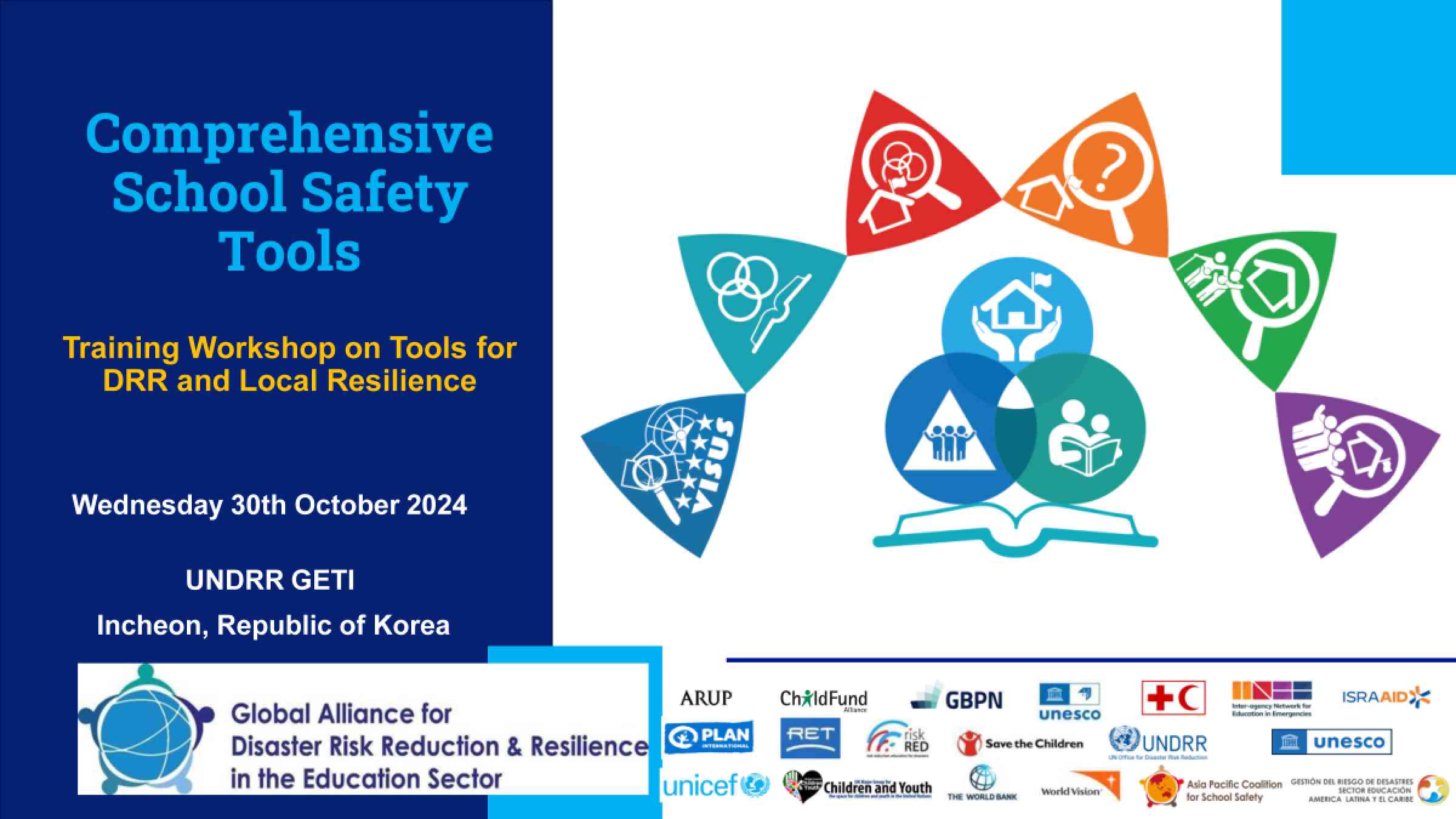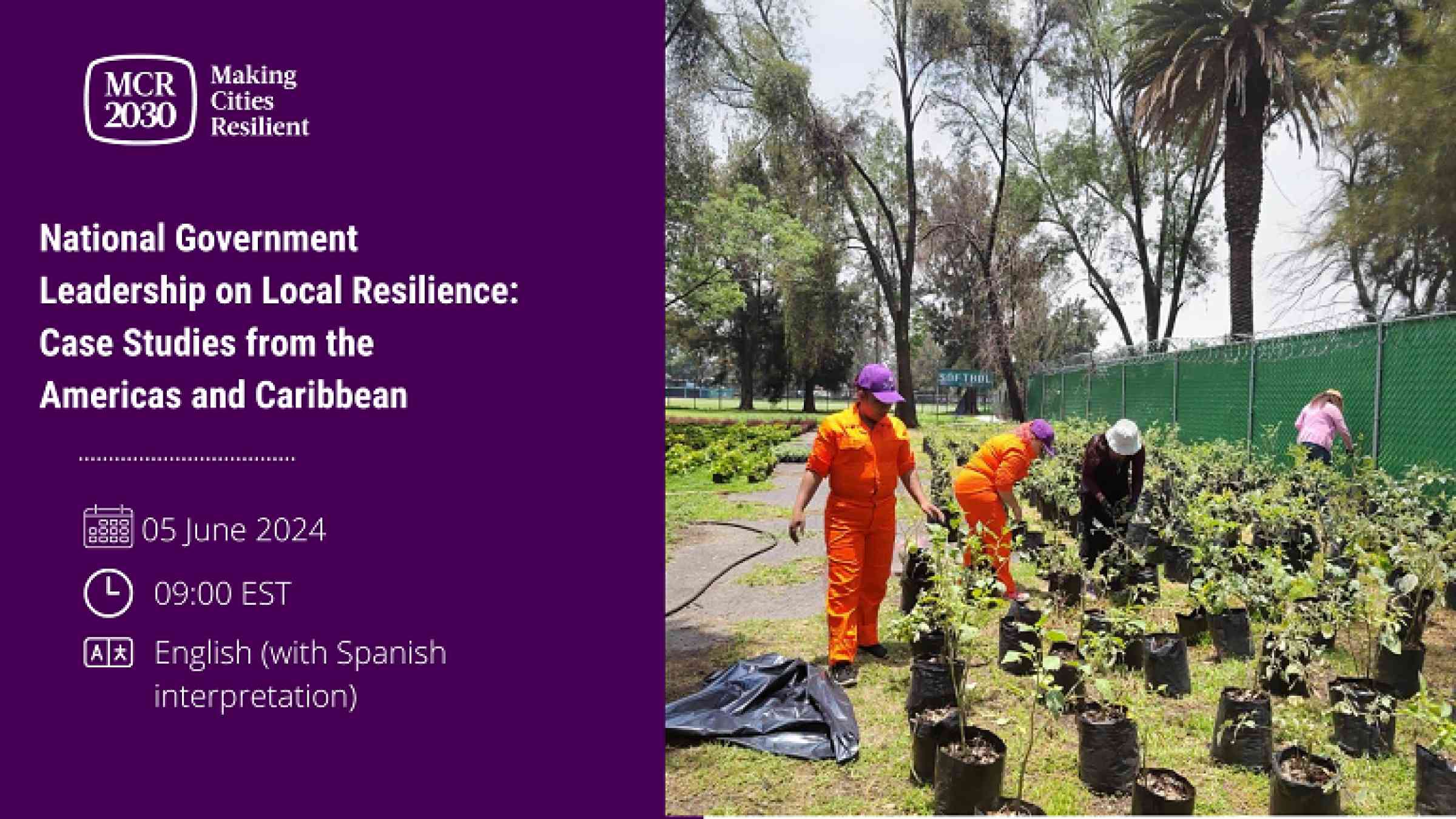About Making Cities Resilient 2030
Is your city resilient? Does its resilience help its citizens to prosper and flourish? Join other cities on a pathway to resilience – making the city safer, preventing risks and promoting innovation and investments.
Making Cities Resilient 2030 (MCR2030) is a unique cross-stakeholder initiative for improving local resilience through advocacy, sharing knowledge and experiences, establishing mutually reinforcing city-to-city learning networks, injecting technical expertise, connecting multiple layers of government and building partnerships.
Through delivering a clear 3-stage roadmap to urban resilience, providing tools, access to knowledge and monitoring and reporting tools, MCR2030 will support cities on their journey to reduce risk and build resilience.
MCR2030 aims to ensure cities become inclusive, safe, resilient and sustainable by 2030, contributing directly to the achievement of Sustainable Development Goal 11 (SDG11) “Make cities and human settlements inclusive, safe, resilient and sustainable”, and other global frameworks including the Sendai Framework for Disaster Risk Reduction, the Paris Agreement and the New Urban Agenda.
MCR2030 core partners
The resilience roadmap
Your road to resilience
Reducing risk and building resilience is a journey. MCR2030's programmatic approach is built around a three-stage ‘resilience roadmap’ that guides cities on how to improve resilience over time. The resilience roadmap is flexible and iterative; cities can enter MCR2030 at any stage gaining access to a range of tools and technical advisory inputs delivered by different partners. Cities make commitments to demonstrate progress along the resilience roadmap.
Stage A - Cities Know Better
Stage A focuses on enhancing cities’ understanding of risk reduction and resilience. Stage A cities are committed to developing and implementing a disaster risk reduction strategy by raising awareness around DRR and resilience and bringing relevant city actors and the public on board with the city’s plans.
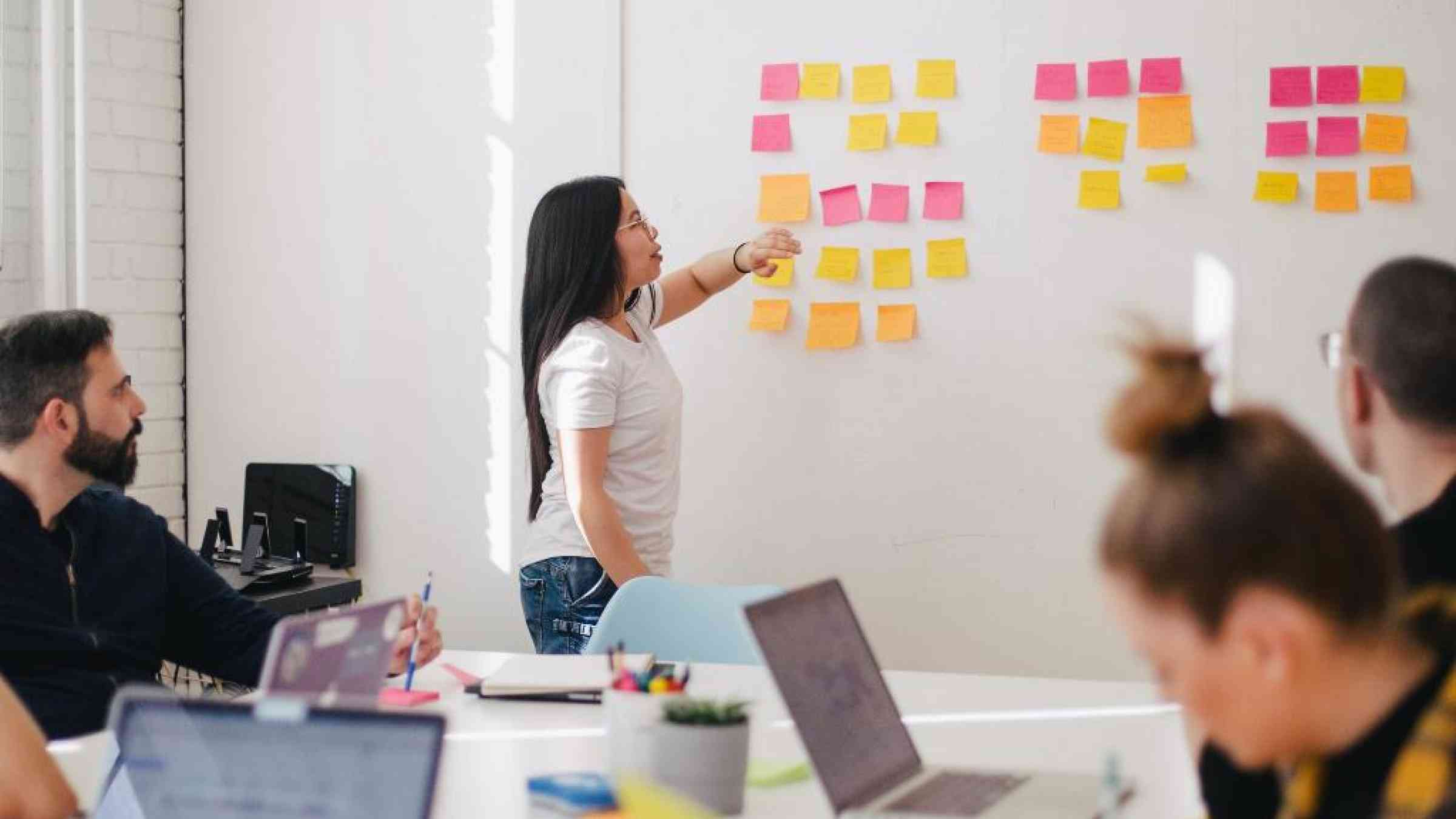
Stage B - Cities Plan Better
Stage B cities will initially focus on improving assessment and diagnostic skills, increasing alignment between local strategies and national and regional strategies, and improving early-stage strategies and policies. Stage B cities may have had some early successes and momentum towards achieving DRR, sustainability and resilience improvements, and have some form of strategy to address disasters but may not yet incorporate risk reduction or preventive measures. The cities must demonstrate the commitment to move towards development or refinement of a DRR and resilience strategy and ensure development plans are risk-informed.
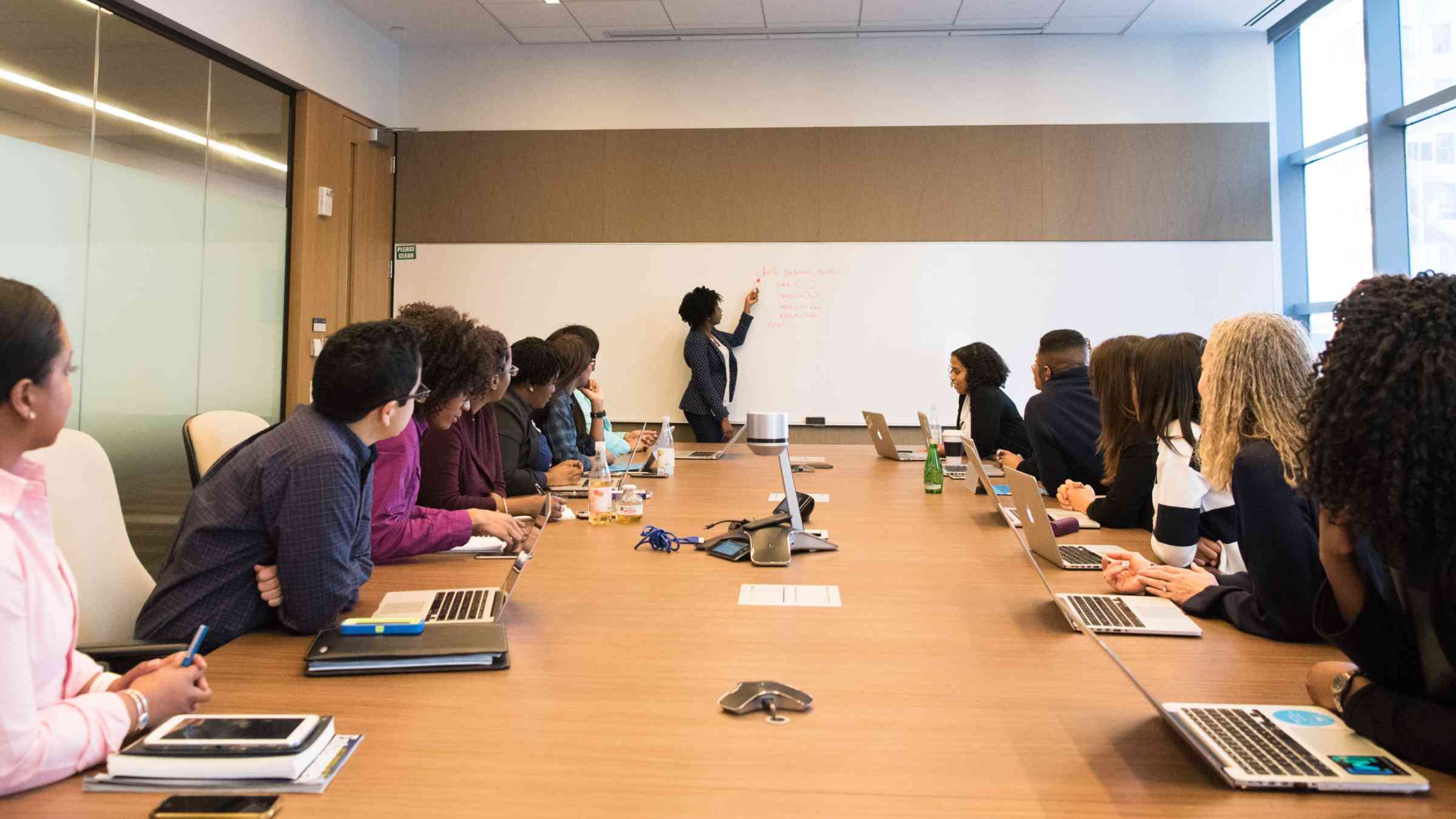
Stage C - Cities Implement Better
Stage C of the resilience roadmap focuses on supporting cities in the implementation of risk reduction and resilience actions. Cities in this stage have a relatively robust DRR, resilience and sustainability plan in place and may be in the early stages of implementation or already working towards mainstreaming the DRR/resilience strategy and activities across its governments’ structure.
Where am I on the resilience roadmap?
Simply take the Resilience Roadmap Stage Assessment and find out which stage your city is on the resilience roadmap. This stage assessment will help your city understand what steps to focus on now.
Why join MCR2030?
Cities across the globe are challenged by increasing disaster, climate and other risks such as the COVID-19 pandemic. We can no longer afford a hazard-by-hazard risk reduction approach.
Risk cannot be departmentalized or made the responsibility of just one public service provider or responder. Local planning bodies with multi-sectoral and multi-stakeholder representation must be involved. And cities must plan not just to reduce risk, but to invest in resilience building: allowing systems, services and people to respond to crisis, cope with shocks and stresses, and rebound.
Resilience building is a long-term progress. Cities should start to invest on resilience now to ensure cities are a safe place for citizen.
MCR2030 is a place where cities can find guidance and support to enhance understanding of risk reduction and resilience, to improve strategic planning to reduce risk and build resilience, and to take actions and progress along the resilience roadmap.
Latest news
Upcoming Making Cities Resilient 2030 events



